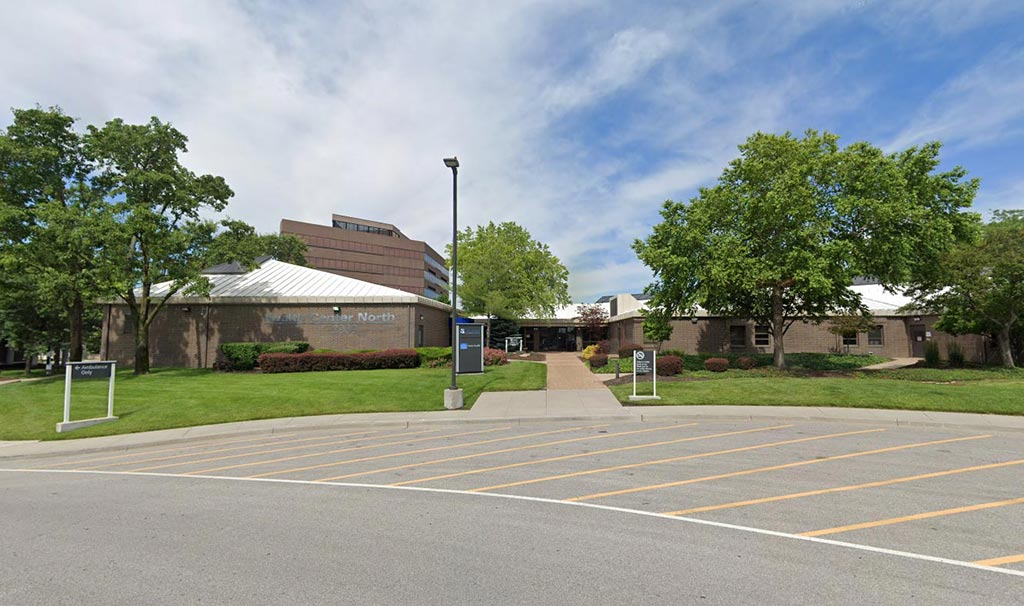Opioids are a class of drugs doctors prescribe to relieve pain. However, opioids also come with a serious risk for substance abuse and addiction.
The National Institute on Drug Abuse (NIDA) explains that, in addition to reducing pain, opioids can produce euphoria by activating reward areas in the brain. The pleasurable effects of opioids can contribute to their potential for misuse and addiction.
At Signature Psychiatric Hospital, located in North Kansas City and Liberty, Missouri, we offer specialized treatment for people who are suffering from addictions to opioids. Our empowering addiction treatment services can help people navigate the recovery process and begin to build healthier futures.
Signs & Symptoms of Opioid Addiction
Someone who is suffering from an opioid addiction may use opioids in large doses or for nonmedical purposes. They might also go to extreme lengths to obtain opioids, including acquiring them through dishonest or illegal means.
Common signs and symptoms of opioid addiction include:
- Taking opioids in larger amounts or for longer periods than planned
- Struggling to control opioid use
- Spending a lot of time finding and using opioids
- Opioid cravings
- Trouble fulfilling responsibilities at work, school, or home
- Continuing to use opioids even though they cause social problems
- Reducing regular activities
- Using opioids in dangerous situations
- Needing more of the drug to get the same effect
- Having withdrawal symptoms
- Dry mouth and nose
- Constipation
Suffering from opioid addiction symptoms can be an isolating and distressing experience. However, with appropriate treatment, it’s possible to address the symptoms you’ve been struggling with and begin the process of recovery.
Opioid Addiction Statistics
The Centers for Disease Control and Prevention (CDC) reported the following statistics on the national opioid crisis:
- Almost 500,000 people died from opioid-related overdoses between 1999 and 2019.
- In 2019, more than 70% of the 70,630 drug overdose deaths involved an opioid.
- Beginning in 2013, there has been a surge in overdose deaths that involve synthetic opioids, including fentanyl.
The U.S. Department of Health and Human Services shared the following data on opioid abuse in the United States taken from a 2019 national survey:
- Around 1.6 million people had an opioid addiction in the previous year, and the same number misused prescription painkillers for the first time.
- The number of people who used the illegal opioid heroin for the first time was 50,000. The total number of people who used heroin in the previous year was 745,000.
Potential Opioid Addiction Effects
Someone who is suffering from an opioid addiction can experience serious consequences to their health and safety and their mental well-being. However, according to the American Psychiatric Association, only about 1 in 4 people who have an opioid addiction receive specialized care.
The effects of an opioid addiction can include:
- Relationship difficulties
- Struggling to keep a job
- Engaging in illegal activities
- Infections, including hepatitis C, HIV, and tetanus
- Experiencing violence while buying or selling drugs
- Problems with sexual or reproductive functions
- Higher risk for suicide
- Opioid overdose
Although recovery can be a challenging process, effective opioid addiction treatment is available. At Signature Psychiatric Hospital, you can receive a detailed health assessment that can help determine whether our treatment place is right for you.
Benefits of Opioid Addiction Treatment
Stopping opioid use and beginning treatment can be intimidating. You might feel concerned about navigating the withdrawal process and unsure what to expect from treatment.
At our opioid addiction treatment center, you can receive medical and therapeutic support from qualified professionals and create a personal plan for recovery. You may also receive valuable encouragement and support from peers who are also receiving opioid addiction treatment.
Because an opioid addiction can affect many areas of a person’s life, treatment often involves a whole-person approach. As part of your holistic treatment experience at Signature, you may set goals, learn new skills, improve relationships, and make positive life changes that can support lasting recovery.
Why Choose Our Opioid Addiction Treatment Center
Signature Psychiatric Hospital — located in North Kansas City, Missouri, and Liberty, Missouri — provides premier opioid addiction treatment for adults age 18 and older. We also offer high-quality outpatient treatment for adolescents ages 13-17.
At Signature, patients receive care from a dedicated treatment team that can include nurses, doctors, licensed clinical social workers, case managers, and more. This personalized care is based on a detailed health assessment patients complete as part of our admissions process.
We have designed our continuum of care to begin with inpatient detox. At this level, patients can safely withdraw from opioids, address acute symptoms, and prepare to transition to a lower level of care that may suit their recovery needs.
At Signature, we understand the immense responsibility that can come with caring for people who are in crisis. We provide comprehensive and compassionate services, including customized discharge planning, so that you can take steps toward the future you deserve.
Therapies Used in Opioid Addiction Treatment
At Signature Psychiatric Hospital, each patient follows an individualized treatment plan that is designed to support their unique needs. At our inpatient opioid addiction treatment center, your treatment plan may include:
- Medical detox
- Individual, family, and group therapies
- Medication-assisted treatment (MAT), which consists of prescription medication and counseling
- Medical care and medication management services
- Specialized care for co-occurring mental health concerns
The treatment modalities we use may include cognitive behavioral therapy (CBT) and the 12-Step recovery model, depending on your individual needs. Additionally, our group therapy sessions cover a range of topics and offer both education and support for patients.
For patients who have completed detox or do not need our inpatient services, we offer step-down residential treatment in a structured and supportive environment.
This content was written on behalf of and reviewed by the clinical staff at Signature Psychiatric Hospital.









